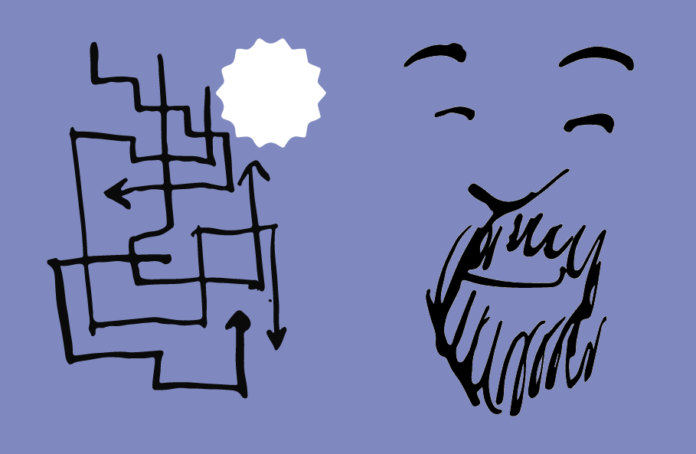Editor’s Note: The following is the 10th chapter of the book “The New Prince“, a collection of essays on the counterintuitive lessons Marco Trombetti, founder of Translated and VC firm Pi Campus, learned by building and investing in startups. We agreed with the author to publish all 12 chapters through a guest post series. Check out the previous chapter here.
Decisions
Memory describes who we once were.
The first few years of our lives are unknown to us. We don’t really remember much.
Our earliest memories relate to that feeling of freedom. Freedom to experiment with the world, to discover what life is. Then we have the memories of our studies, our teenage years, friendship, our first love. High school and university are a time for hard work, socialising and fun. This is the time when we discover passion.
We then enter the world of work, where we remain for a very long period of our lives – probably the longest uniform period. Sometimes we drastically change our jobs, but for the most part we keep improving a specific skill. During childhood you are more passive; the world around you defines your future memories. During your working life, meanwhile, you are much more active; your decisions affect your future memories.
As adults, our decisions will affect the memories we take from the longest period of our lives.
We are often faced with a decision that may impact our future. Sometimes we are forced to do something we don’t like in order to achieve a longer-term goal. Sometimes we pick the things that make us happy in the short term.
Many founders or employees at Pi Campus come to me asking for advice on what to do. Sometimes they look for confirmation; sometimes they hope I will give them the courage to take the action that they fear. They normally expect me to describe what will happen in their future if they pick option A or option B. I like the feeling of being considered an oracle, so I have egoistically accepted the role for many years. These people challenge my predictions with difficult questions, and when they feel the prediction makes some kind of sense, they decide what to do.
After many years, I have realised that this process can be improved in terms of both the quality of the advice and the time required to dispense it. There is a better model that can even be applied to daily decisions, those that may not even seem significant enough to be shared with others.
The method is simple:
Take the decision that will make you proud.
At the very end of your life, you want to look back and smile because you are proud of the younger you.
Founders and employees do not really need predictions based on the small amount of extra experience I may have. They want to know how other people will judge them. Optimising things based on this criterion is about pleasing people rather than creating enduring long-term value for them.
Being proud as you look back has an underlying meaning: when all is said and done, it means you gave the world more than you took. This is the basis for creating an amazing world.
Talking to young people is inspiring to me and I will never say no to the opportunity, but my advice to them is this: you don’t really need me, you are just feeding my ego. Make the right decisions so that you can look back and be proud.
Writing this essay will help make me a little prouder at the end of it all.




